
Trumps Merino South Africa
Merino sheep are a breed of choice across the world, popularly kept for their wool and mutton value. They are often reared as a pure breed or used in crossbreeding and are a common component in synthetic breed development.
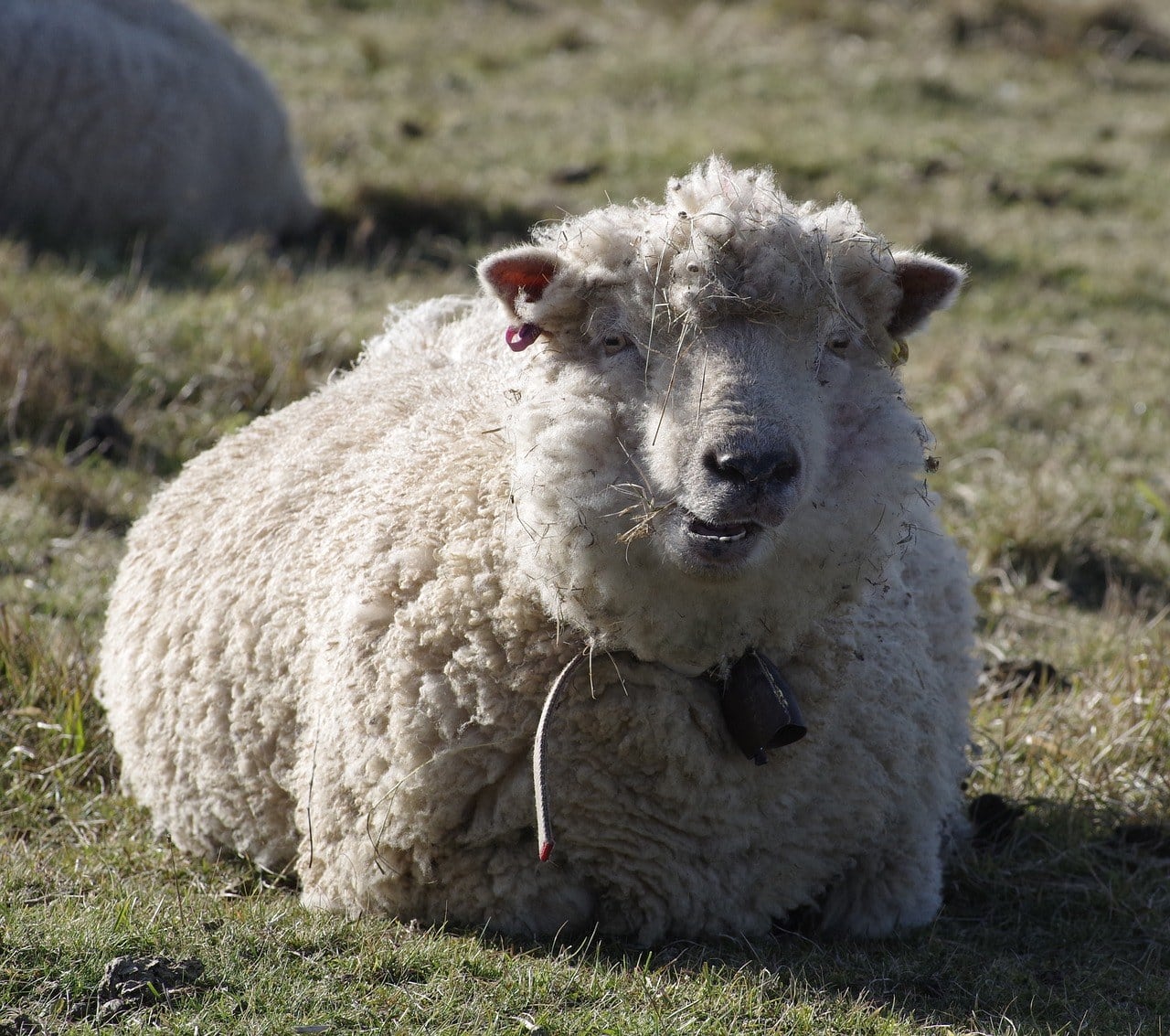
Merino Sheep Facts, Pictures, Behavior & Care Guide Pet Keen
The Dohne Merino sheep is a breed of domestic sheep which was originated from South Africa. It is also called Dohne or El Dohne Merino. It is a pretty new breed and was actually developed in the late 1930s. And the breed was developed by the South African Department of Agriculture. The Dohne Merino sheep was developed by interbreeding Peppin.
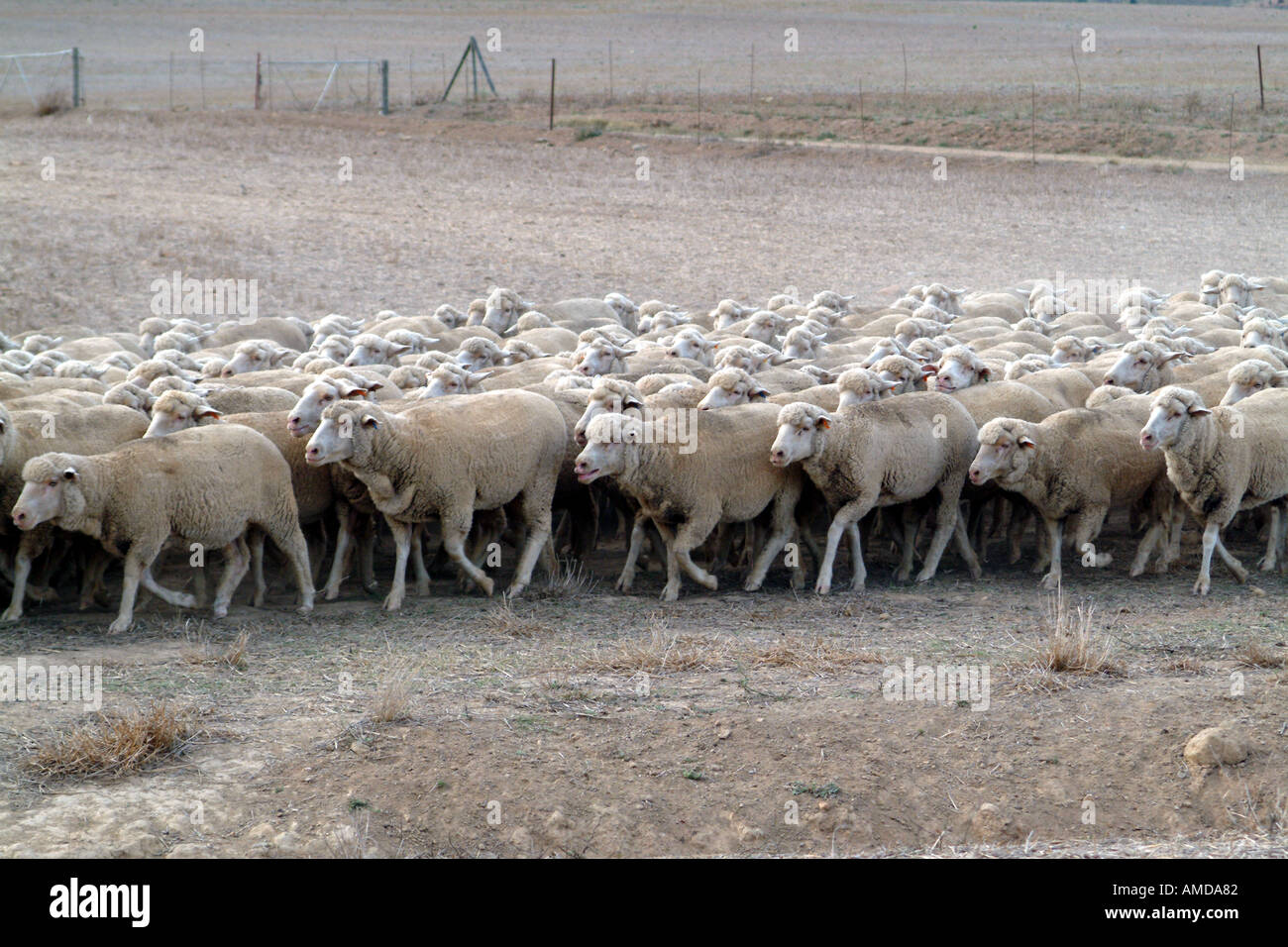
Western Cape South Africa RSA Wheatlands and Grazing Done Merino Sheep Stock Photo Alamy
The SA Mutton Merino is a large-framed breed with a fleece of pure white wool, free of kemp and coloured fibres. Rams and ewes are polled. The breed produces good-quality wool with an average fibre diameter of 21 to 23 microns. Ewes produce an average of 3,4kg of wool, while rams produce 4,5kg. Production norms

Merino Sheep in a Paddock South Africa Stock Image Image of livestock, southern 256988599
The South African Meat Merino or SAMM is a wool and meat sheep originating in South Africa, but now found throughout the world. The SAMM is derived from the German Merinofleischschaf animals imported into South Africa from Europe in 1932, to improve the quality of wool and meat from sheep in South Africa. [1]

Merino Sheep Google Search Sheep for sale, Merino sheep, Sheep breeds
The Dohne Merino was developed in South Africa in the 1930s by interbreeding Peppin-style Merino ewes and German Mutton Merino rams. It is as a dual-purpose breed used for its meat and wool. The Dohne Merino is a medium-framed breed, and rams reach weights of between 80kg and 100kg.
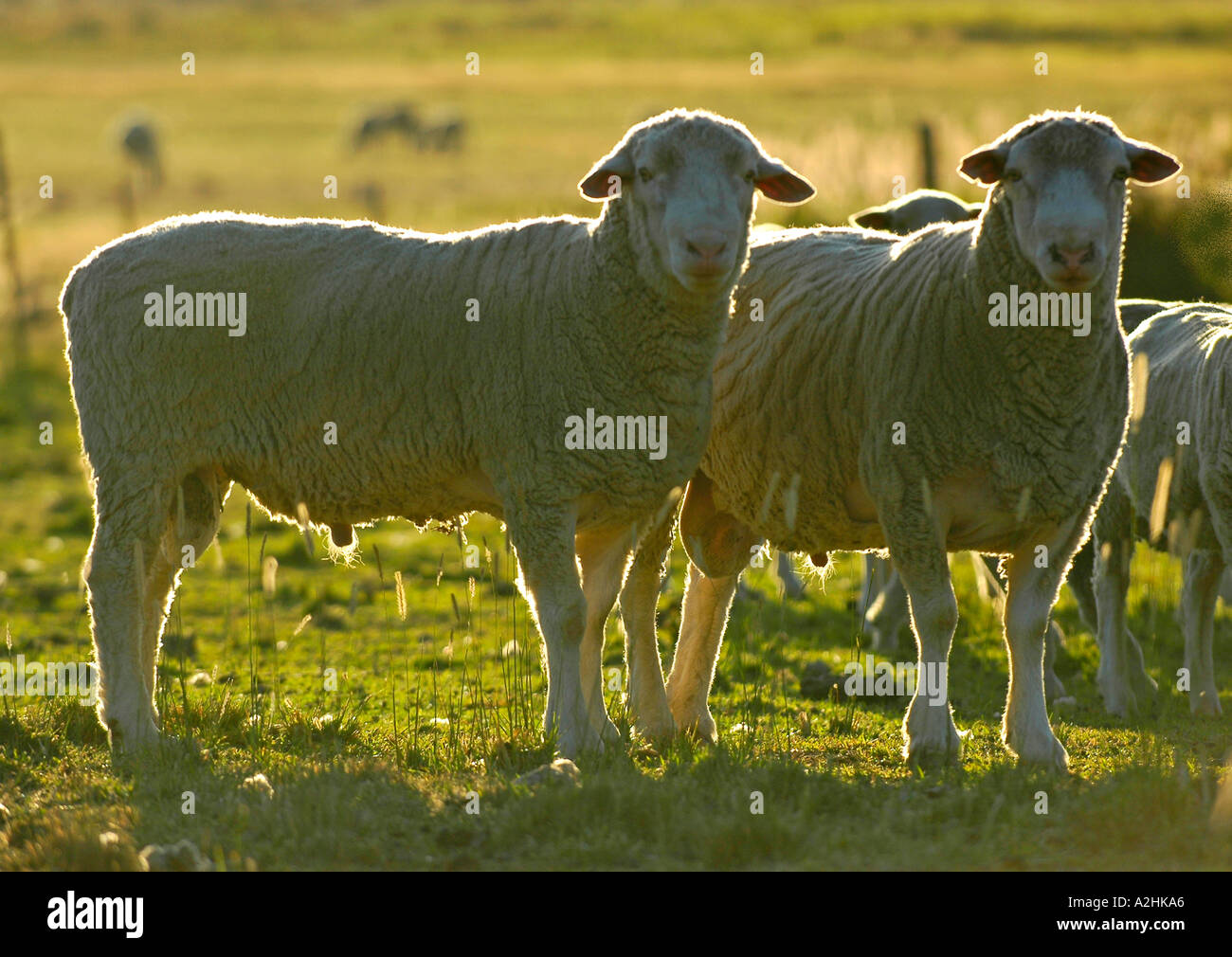
Merino sheep south africa hires stock photography and images Alamy
The South African Meat Merino or SAMM is a wool and meat sheep originating in South Africa, but now found throughout the world. The SAMM has been developed as a versatile, hardy, polled dual-purpose breed. Ewes have a good maternal instinct and high milk production. Mature ewes will grow up to about 210 lb and rams to over 220 lb. Ewes will.
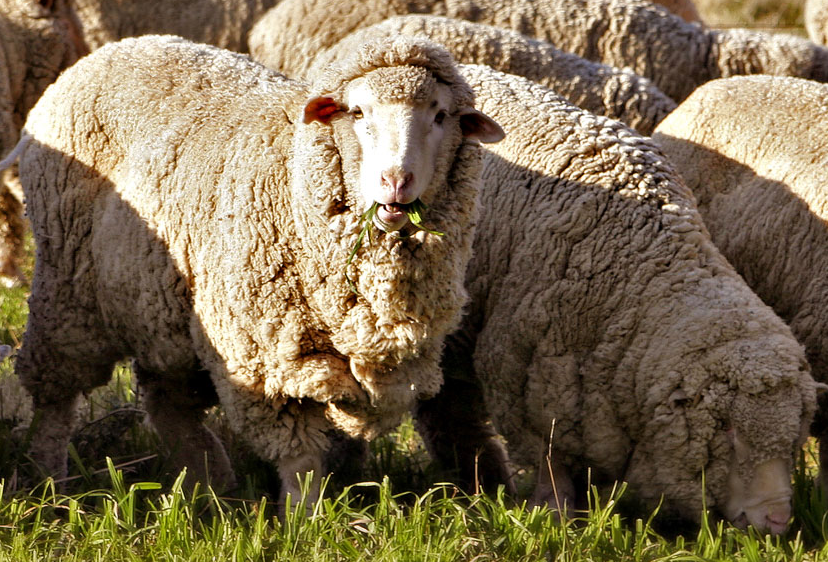
Merino Wikipedia
The South African Meat Merino sheep is a breed of domestic sheep originating in South Africa. Today it is a common breed of sheep and found throughout the world. Despite the name, the breed is a dual-purpose animal and raised for both meat and wool production. It is also known as SAMM or South African Mutton Merino sheep.
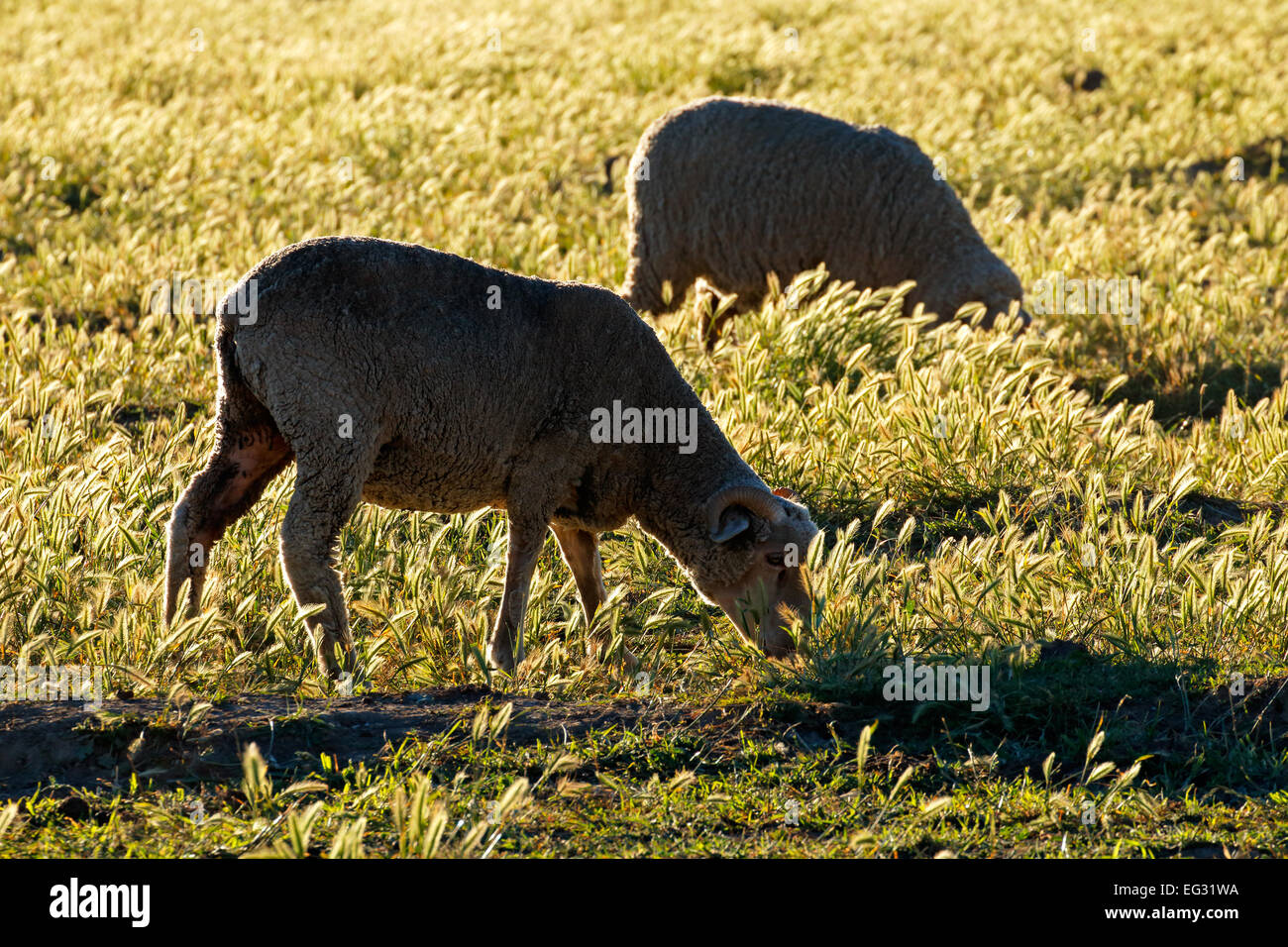
Merino sheep grazing on pasture in late afternoon light, Karoo region, South Africa Stock Photo
Grown year-round by South Africa's 15 million merino sheep, wool is 100% natural, and sheep grow wool by consuming a simple blend of water, air, sunshine and grass. Wool readily biodegrades When a wool fibre is disposed of, it will naturally decompose in soil in a matter of months, slowly releasing valuable nutrients back into the earth.
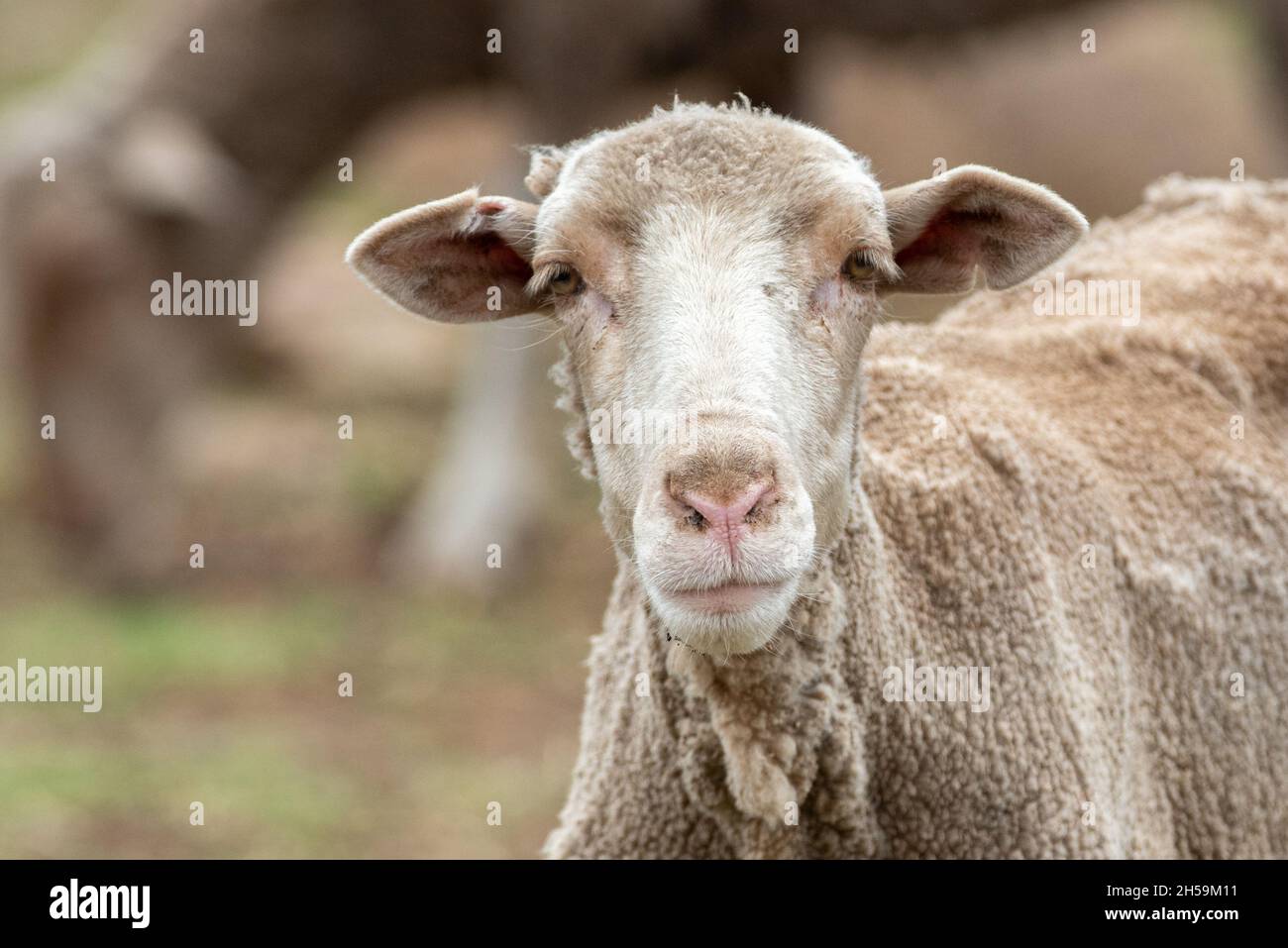
Merino sheep south africa cape hires stock photography and images Alamy
Although some Merino sheep are raised for mutton such as the South African Mutton Merino, this is not a sheep breed you will want to raise just for meat. It is truly a wool breed and nothing else. The carcass size is on the small side and the meat unremarkable in flavor. Ewes typically only weigh 120lbs at most, while rams might be 180lbs.
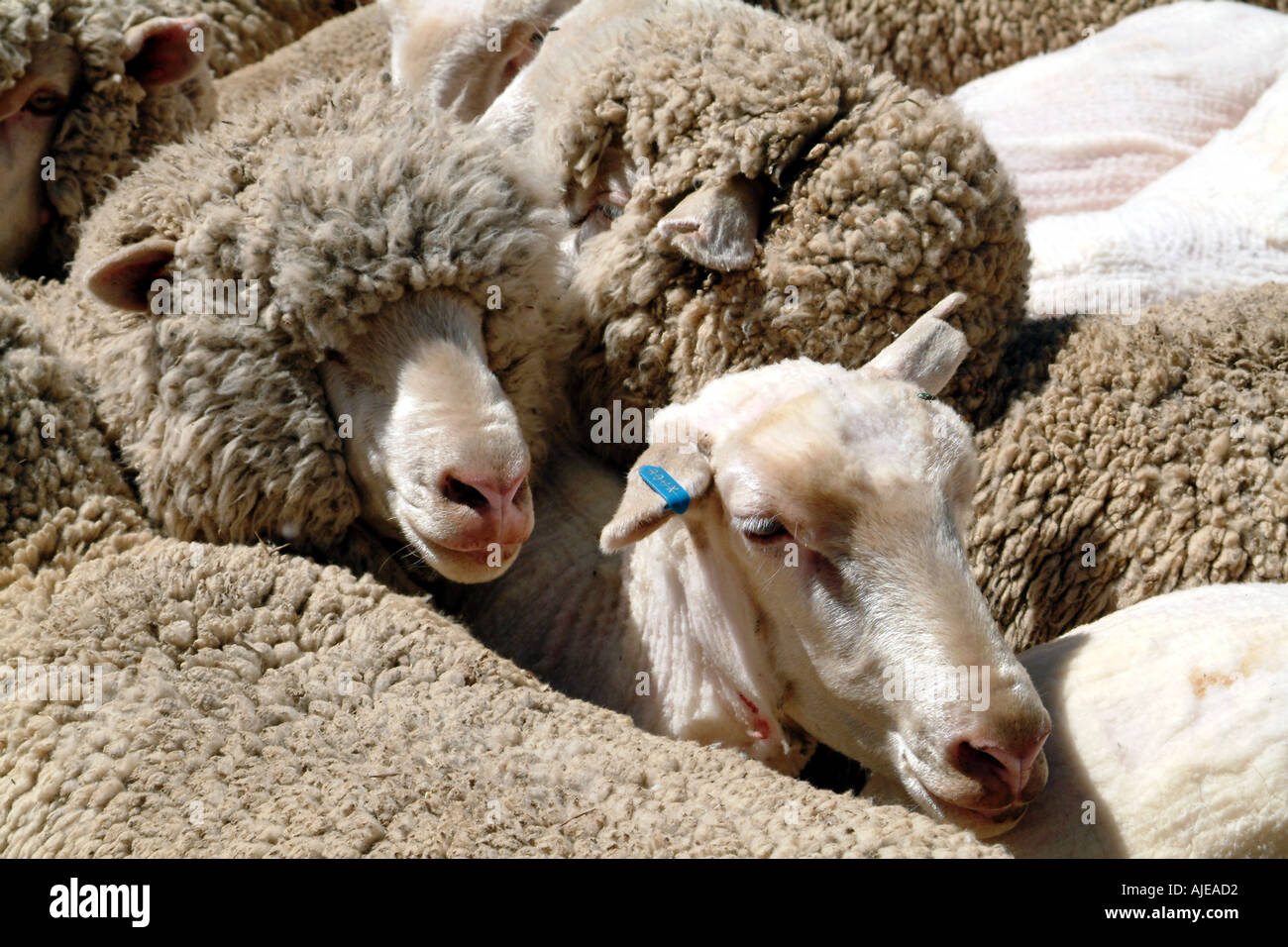
Sheep Shearing Done Merino Breed pictured in Caledon Western Cape South Africa. Shaven and
Merino SA represents an industry centred around the production of Merino sheep. The tradition of farming with Merino's has a long- and well-established history in South Africa and the history of the introduction of this distinctive and excellent breed to South Africa is quite remarkable.
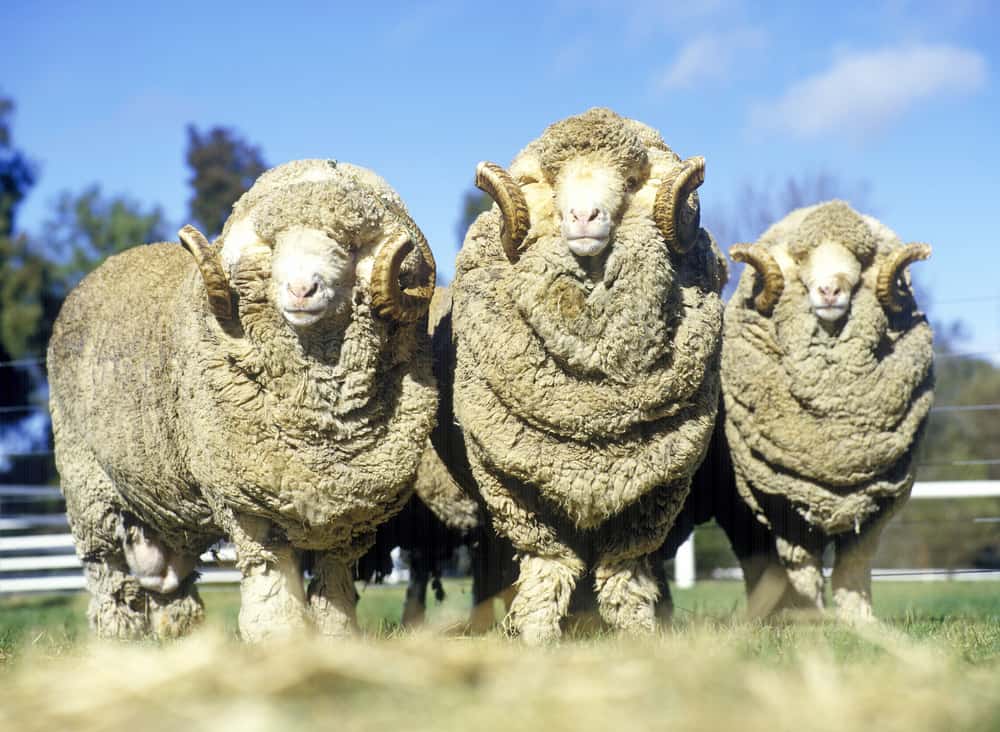
Merino Sheep Breed Information A Good Forager and Producer of HighQuality Wool
The South African Merino is a composite of Spanish, Saxony, Rambouillet, American and Australian Merinos (Mason 1996). These sheep are found mainly in South Africa and Zimbabwe where the climate is semi-arid to sub-humid, and in Kenya and Lesotho at medium and to high altitudes under ranching and agro-pastoral management systems (DAGRIS 2005).
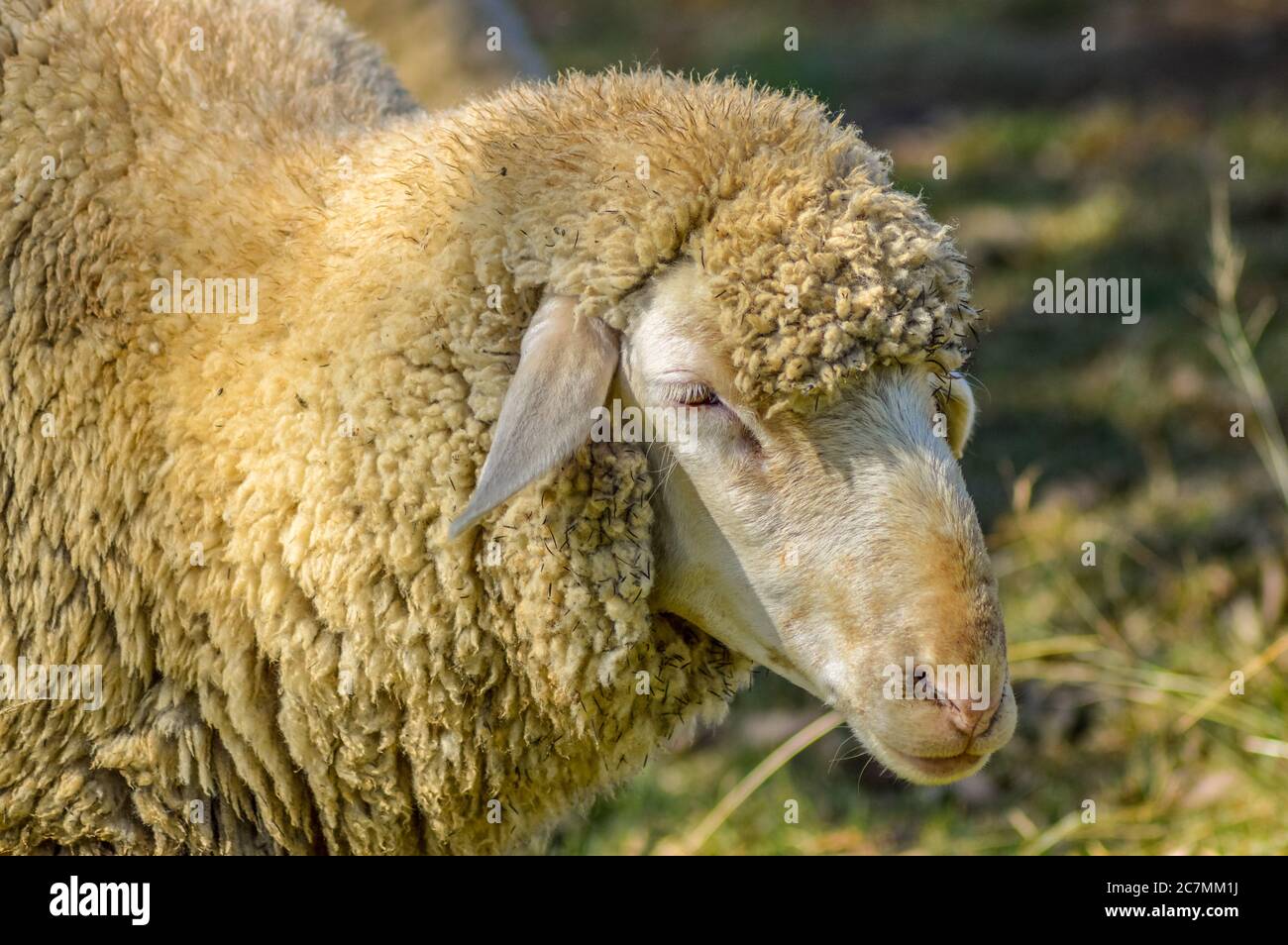
Cute Merino sheep in a farm pasture land in Midlands in South Africa Stock Photo Alamy
Perdefontein Dohnes - Production sale 2023. The Perdefontein Dohne Merino stud is congratulated on having their first production sale on Friday 13 October 2023. The sale held at Clanwilliam was a huge success. The 30 Dohne merino rams on offer were all sold at an average price of R15,100 and the 20 ewes were sold at R2,100.

Merino Sheep on a Rural Farm Stock Image Image of animals, farming 270504903
Back then the Merino sheep here experienced high lamb mortalities, and the mothers low reproduction rates.. And so the Dohne Merino was born - a product that is truly South African. From the 1940s, foundation studs formed - and continued to expand over the next decades. But it was only in the 1970s that the breed experienced phenomenal.

Merino Sheep on a Rural Farm Stock Photo Image of freerange, rural 211104984
You will find Merino sheep in almost every district of South Africa. Merinos, in great numbers will be found in the drier Northern Cape province, on the fertile lands of the winter rainfall areas of the Western Cape and millions of Merino sheep run on the Karooveld and Grassveld of the Eastern Cape and Free State.
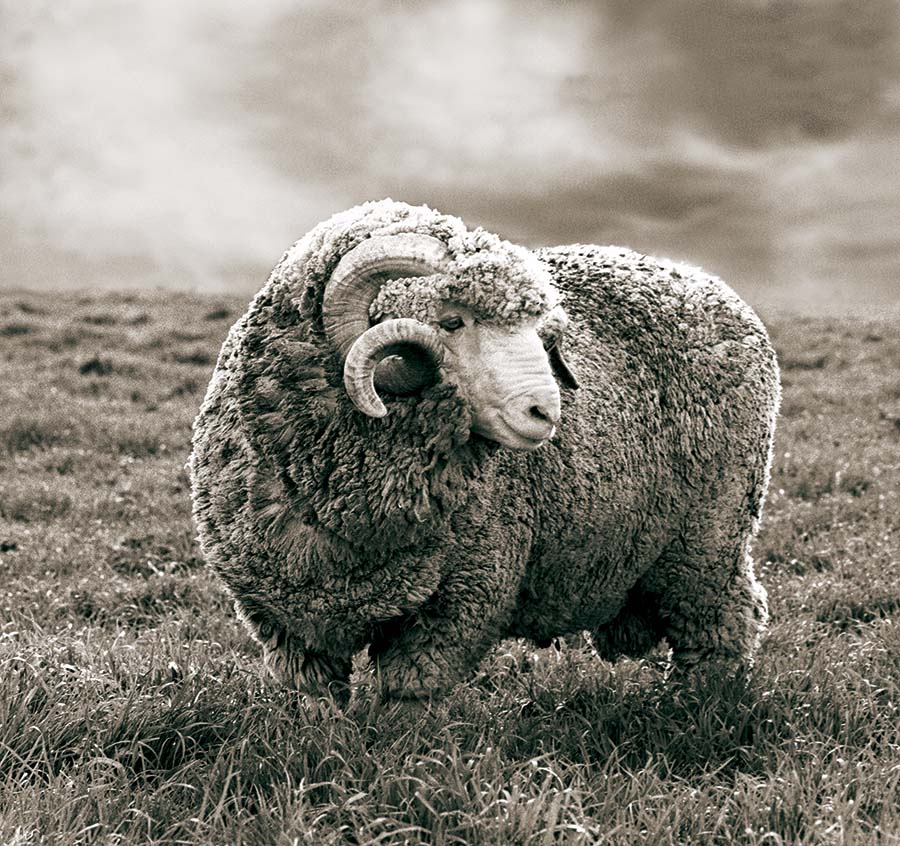
Merino sheep Woolpower
The South African Meat Merino sheep is a breed of domestic sheep originating in South Africa. Today it is a common breed of sheep and found throughout the world. Despite the name, the breed is a dual-purpose animal and raised for both meat and wool production. It is also known as SAMM or South African Mutton Merino sheep.

Merino sheep lambs for sale south africa, pets & animals SA
10 June 2022 | 1:04 pm Earlier this year, a number of Merino stud breeders from Middelburg in the Eastern Cape formed the Nu Poll Merino Group, whose aim it is to breed polled sheep exclusively. Group member Tinus du Plessis explained to Annelie Coleman why breeding and farming these animals made business sense.